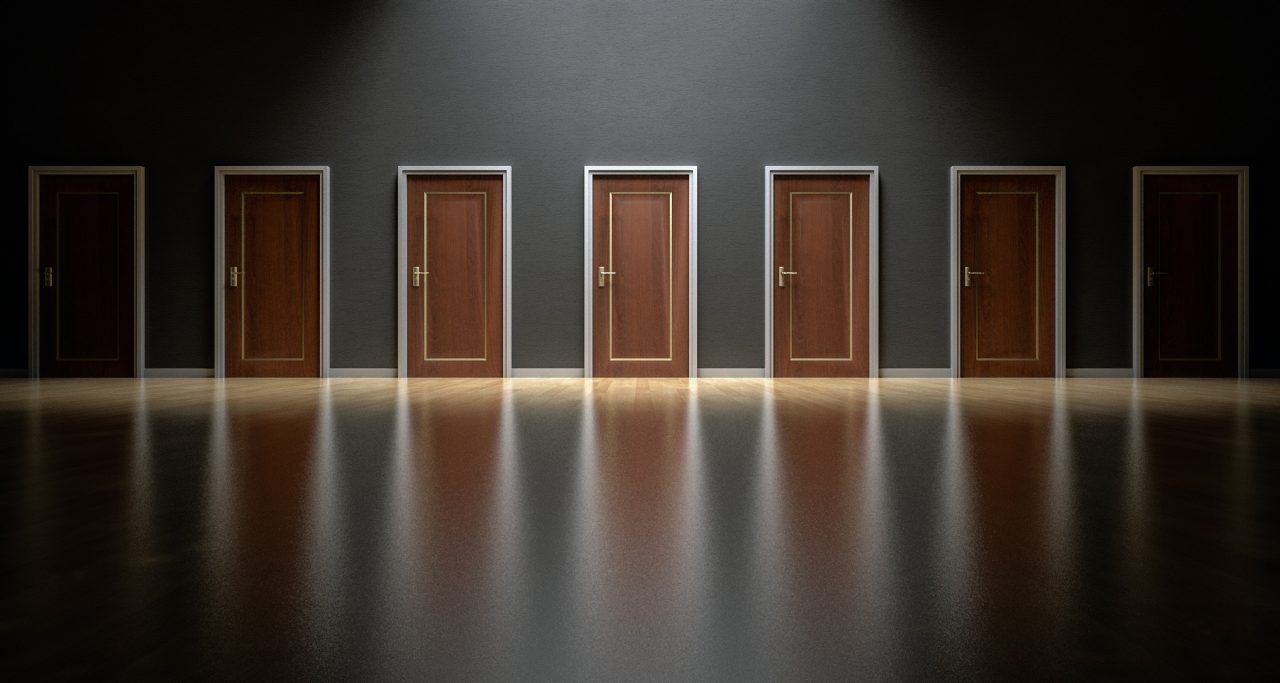Listen to this blog post (or download the audio file)
Give me a “hey” if this sounds familiar.
You know that thing where you think “I’m just going to get myself a glass of water.” You go into the kitchen, but once you get there you can’t remember what you wanted to do. So you walk back to the room you came from, and suddenly your brain is like “Oh yeah! Glass of water.”
It’s a real thing
Yep, there’s a reason for that. It’s called the “doorway effect”. Our brains evolved with really strong links between memory and location. Basically, you’re more likely to remember something you learned when you’re in the same location when you did the learning. You’re more likely to remember something you thought when you’re in the same location where you did the thinking. When you leave a room by passing through a doorway, you often leave your thoughts behind.
OK, so how do you beat it?
Of course, the doorway effect isn’t absolute. If it was, we would all be – 100% of the time – wandering around liked dazed Looney Tunes characters who just got thumped on the head.
So how do you beat the doorway effect?
For remembering tasks you need to do, the answer is pretty simple. You see, a long while back, human beings invented this amazing technology that allows us to read people’s minds, and we don’t even have to be in the same room or the same century. This technology can definitely help you remember what 3-minutes-in-the-past you was thinking before she walked into the kitchen.
Ready?
Here it is: pen and paper.
Seriously.
Stop relying on your poor, overworked brain to remember all the things you want to do, and actually write them down. Sprinkle notepads and pens liberally around the house. Keep one in your handbag or backpack or glove box.
You’ll thank yourself for it.
Also, get some variety in your routine
But what if the thing you need to remember isn’t a task you need to do, but is something you actually want stored in your brain long-term? Say, for example, something you’re studying for an exam?
In this case, the way you beat the doorway effect is to study in a bunch of different locations. Ideally, study in locations that are really varied in how the look, feel, smell, and sound. The more different locations you study in, the more resistant your newfound knowledge is to the doorway effect.
That’s it. You’ve just beaten the doorway effect. Easy, right?




